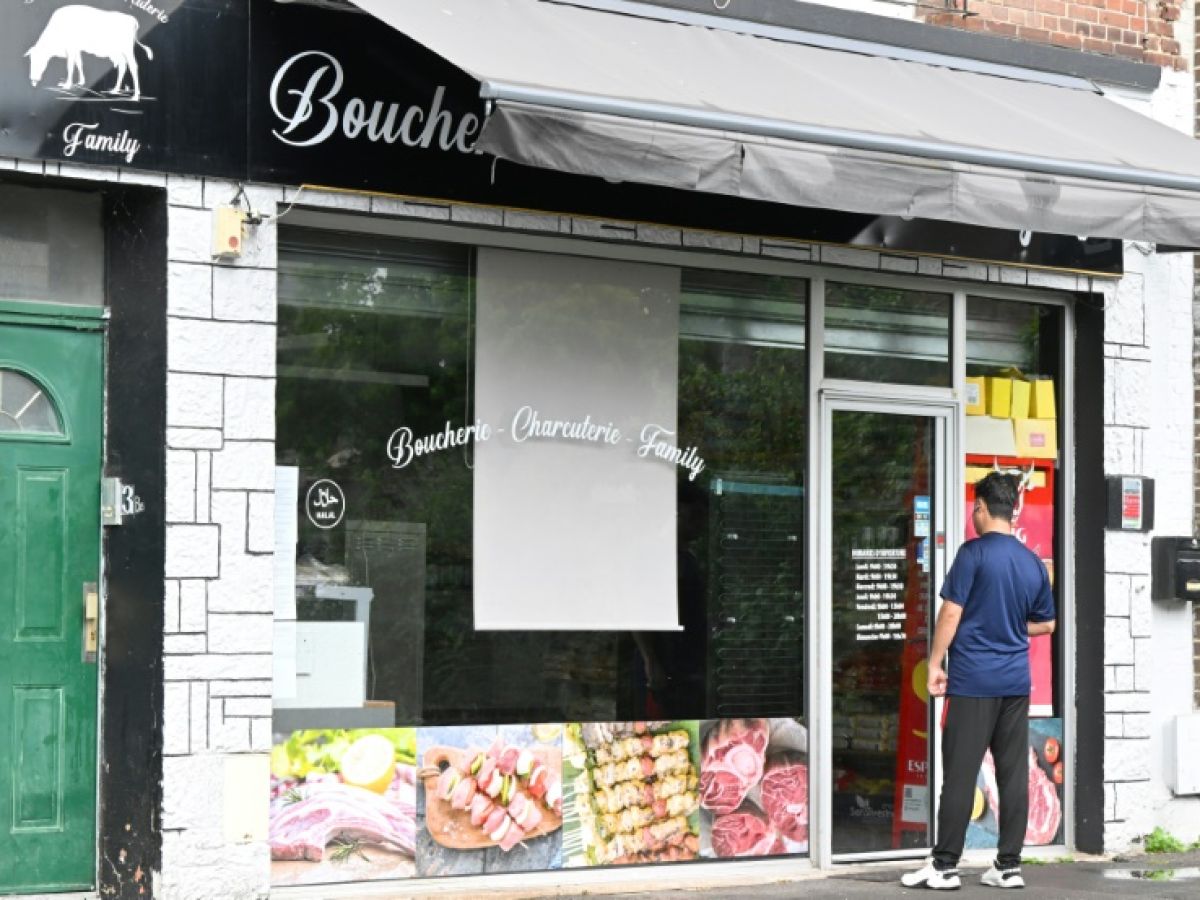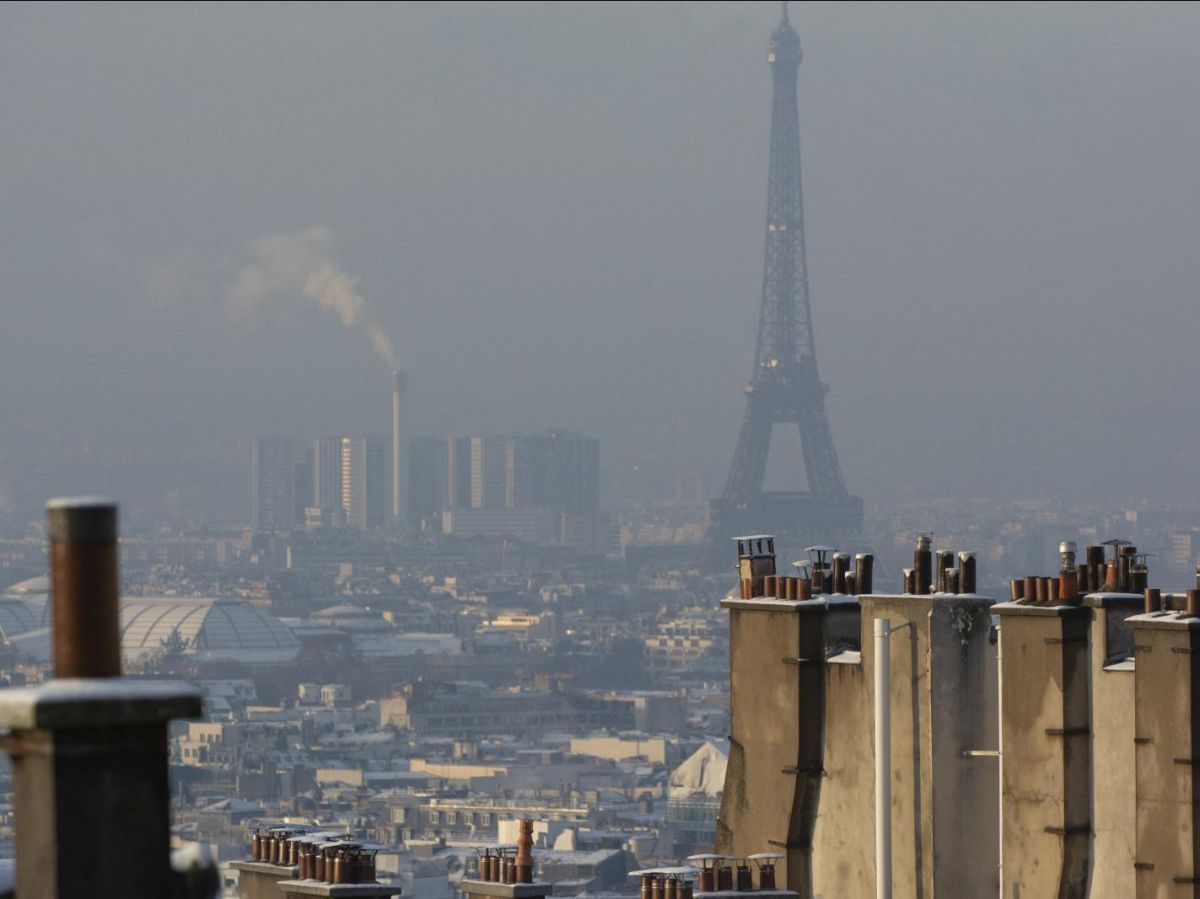A heavy atmosphere has descended on Saint-Quentin (Aisne), whose population says it is "shocked" after a series of cases of food poisoning among children caused by the Escherichia coli bacteria, the origin of which is still uncertain, a week after the death of a little girl.
"I'm shocked, it's intense," sighs Mylaine Guillard, 23, who was met by AFP on Monday in the city center of Saint-Quentin with her four-year-old daughter. Here, "everyone is talking about it, everyone is scared," she adds.
Nineteen children, the majority of them in the Saint-Quentin area, have now contracted the E. coli bacteria since June 12. Among them, Elise, a 12-year-old girl, died on June 16.
Suspecting a foodborne illness linked to meat, authorities have ordered the precautionary closure of four halal butcher shops and two meat departments of supermarkets in the city.
Samples were taken there, and the results of their analyses are expected by the end of this week, the prefecture said on Monday evening.
Although her daughter eats little meat at home, Mylaine Guillard is "afraid of the canteen," she confides: "I'm stressed about it, I asked her not to eat meat from the canteen."
Noah, his three-year-old son at his side, parks in front of the supermarket where he usually shops, whose meat section has been closed.
"With all this, we don't dare buy meat anymore (...) it's really scary," he says. Since he heard about the contaminations, "there's no more meat, not at all" at home, he smiles.
"The idea is not at all to cause psychosis," insisted Yannick Neuder, Minister of Health, on Sunday during a visit to the Saint-Quentin hospital. He assured that it was still possible to "eat meat. That's not the issue."
– “Stay attentive” –
"There's still a heavy blanket of fear hanging over the city," notes Frédérique Macarez, mayor of Saint-Quentin. Residents who approach her in the street express their "sadness" and "concern," she emphasizes.
The number of cases increased daily last week, and "we must remain vigilant" this week because of the incubation period, warns Ms. Macarez.
Although only children have been infected so far, the elected official points out that the bacteria can affect, more widely, "vulnerable people", including "the elderly".
"We can't just stop eating all of a sudden (...). Apart from being careful, there's nothing more we can do," sighs Lidzye, 20, whose three-month-old baby is dozing in his stroller.
The words of this carer are tinged with a reproach towards the butcher shops that have been closed as a precaution, including one where she used to go: "We trust the suppliers and the butchers because they are supposed to pay attention to hygiene (...), we buy a bit blindly."
Standing in front of the ten-meter-long butcher's aisle, completely emptied, Marc Legrand, the manager of the Intermarché in Gauchy, near Saint-Quentin, is still in shock.
"We are apparently affected by two cases," he said, adding that 12,300 customers have bought meat products at the checkout since June 1.
Since the department's closure was announced on Sunday, he has seen all types of customers, "some very understanding people who will wait" until the test results are available, and "others who are a little more aggressive, who absolutely demand a refund."
"We simply have to wait for the rest of the analyses (...), and then, as far as we're concerned, put ourselves in a position to take responsibility," concludes Mr. Legrand. "The point is to help and find out where this bacteria comes from."
In parallel with the health investigation, a preliminary investigation against unknown persons was opened last Thursday "on charges of involuntary manslaughter, involuntary injury, endangering the lives of others and deception regarding merchandise presenting a danger to human life," the Saint-Quentin prosecutor's office announced on Monday.

